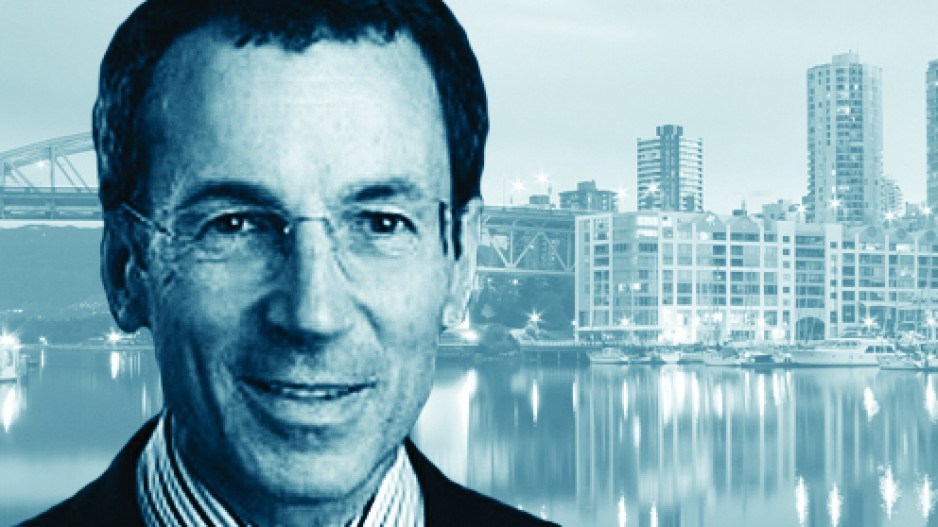Why is it taking so long for the city and province to figure out how to bring transportation network companies like Uber onto our streets?
Of course there has to be a level playing field with taxis, but Uber and its ilk, including the motorcycle rickshaws of Lahore, are now pleasing customers in more than 400 cities around the world. Even Calgary, where the mayor was caught on an unauthorized Uber webcam in a U.S. city calling the company’s president a “dick,” has just turned around and worked it out.
As with all disruptive technologies, there will be winners and losers. Life is not fair: the 60 Vancouver cab licences currently for sale with no takers are never going to go up in value, no matter how long Minister of Sleeve Rolling and Foot Dragging Peter Fassbender takes to respond to the embarrassed millennials in the BC Liberal Party. Holding citizens hostage to a limited number of taxis in a vain effort to protect taxi owners’ equity is past the point of frustration. It borders on corruption. The Vancouver Taxi Association donated $53,000 to Vision Vancouver in the last election, and has recently shaken up the BC Liberals by demonstrating electoral muscle in the February 2016 Coquitlam by-election won by the NDP.
Beyond helping more people get home safely from liquored-up Christmas parties, this is about the future of transportation.
We’re rapidly evolving to what Modo CEO Patrick Nangle describes as a shift from car ownership to car access. (The same is happening with bicycles.) All the big car manufacturers get this: General Motors has invested US$500 million in Lyft, an Uber competitor. Tesla will launch its own car-sharing and ride-hailing service next year.
There are three unavoidable outcomes of having a new variety of quick, cheap, convenient ways of getting around that don’t involve car ownership.
First, existing cars will be used more hours each day and more efficiently (more seats filled), so we’ll need fewer of them. One shared car is estimated to take between nine and 13 cars off the road.
Second, there will be less demand for parking spaces, so miles of publicly owned street space and whole floors of parkades will be available for other uses.
Third, with customized car-pooling, where one paid driver can pick up several riders going in the same direction, the demand for a constant new stream of roads, bridges, buses and trains will shrink. This may change with the imminent arrival of automated vehicles, but probably not.
TransLink CEO Kevin Desmond is already looking for ways ride-sharing can be incorporated into his operations. In some cities, like San Francisco and New York, Lyft’s car-pooling service accounts for more than half of all Lyft trips taken. Travis Kalanick, Uber’s co-founder and chief executive, describes UberPool as the future of his company. Will this undermine public transit? Apparently not: new research from the American Public Transportation Association shows that the more people use shared modes, the more likely they are to use public transit, own fewer cars and spend less on transportation overall.
That’s the most important point: transportation will become significantly more affordable and efficient, raising everyone’s standard of living at no extra cost and saving billions in infrastructure spending.
Taxi owners are only the first wave of innocent people about to be disrupted by new mobility technology. Next will be truck and bus drivers replaced by automated vehicles. Then owners of parking lots. And bridge builders. With fewer vehicles, and more of them electric, automobile sales and servicing will hit a big bump.
Somehow we’re going to have to learn to deal with this onslaught of new pain and opportunity, embracing its benefits in a fair but determined way. As young BC Liberal delegate Gavin Dew said at the party’s recent convention: “Change is hard, but prolonged uncertainty is worse.”
Let’s get moving.
Peter Ladner ([email protected]) is a founder of Business in Vancouver and a former Vancouver city councillor.




